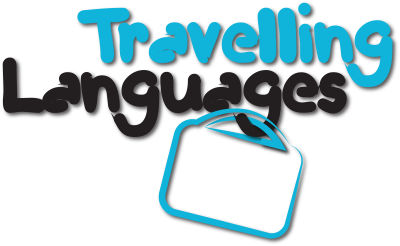
Emma’s reading tips!
Reading is an important part of learning English. You learn new vocabulary when you read although if there are too many words on one page that you don’t understand, then the text is too difficult for your level. It may be possible to guess the meaning of new words without using a dictionary from the context of the text.
Reading can also help your writing skills. Texts contain sentence structures and expressions that you can use when you write. Another good thing about reading is you can read as fast or as slowly as you want.
Here are some useful tips to help you improve your reading skills:

Try to read a book at your level.
Read something that you can understand. If you need to stop every three or four words to look up a word in a dictionary, it is not interesting for you and will make you feel unhappy and frustrating. Reading a book below your level will help with your fluency and accuracy.
Make a note new vocabulary.
If there are three or four new words on one page, mark them with a pen or highlighter. Don’t write them in your vocabulary book while you are reading. You may understand the meaning of the words from the context of the story. If you don’t understand them when you’re finished, look them up in the dictionary and write them in your vocabulary book.
Try to read regularly.
Try to read as often as possible. You don’t have to read for two hours every day. Fifteen minutes to thirty minutes every day is better than reading two to three hours one day per week.
Be organised for reading. Have everything you will need ready:
[list type=”bullet2″]
- Something to read (something interesting)
- A marker or highlighter to highlight difficult words
- A dictionary
- Your vocabulary book
- A pen to write down new words
- Sport
- Politics
- Soap Opera
- Entertainment
- Cars
- Travel
- Fashion
- Health
- Business
- Education
- Non-fiction (history, biography, travel, cooking, etc.)
- Fiction (stories and novels)
-
[/list]
Things to read
Newspapers
You can find English-language newspapers in all large cities around the world. Newspapers are interesting because they are about real life and the news. The news changes every day so this is interesting. Newspapers are not easy to read so the best level to read newspapers is intermediate or above. There are plenty of news websites and resources online for reading, for example, www.bbc.co.uk/news and www.skynews.com . Don’t forget to look up any difficult words and write them in your vocabulary book.
Magazines
You can also find English-language newspapers in all large cities around the world. Magazines have lots of pictures which can help you understand a text better. Magazines are published weekly or monthly. You can find magazines at intermediate level but some magazines are ok for pre intermediate level. You can find magazines for any subject that is interesting for you:
[list type=”bullet2″]

[/list]
Books
Books are mainly divided into:
[list type=”bullet2″]
[/list]
You can find books in specialised English-language shops in large cities around the world. You can also borrow books from libraries but you will usually have a limited amount of time to read these books.
Short stories are a good choice when learning English because they are… short. These are more exciting to read because it’s like reading a whole book in one short story. You only have to read about 5,000-10,000 words and not 900 pages to finish a story. You can find short stories in books of short stories, magazines, and the internet, for example www.englishclub.com.
Graded readers are usually found at all levels. It’s best to choose a reader at your level or below. Many readers are stories by famous authors in simple form. This is an excellent way to practise your English. Each book contains a small vocabulary glossary to help understand any difficult words.
Emma – Head Teacher, Travelling Languages




